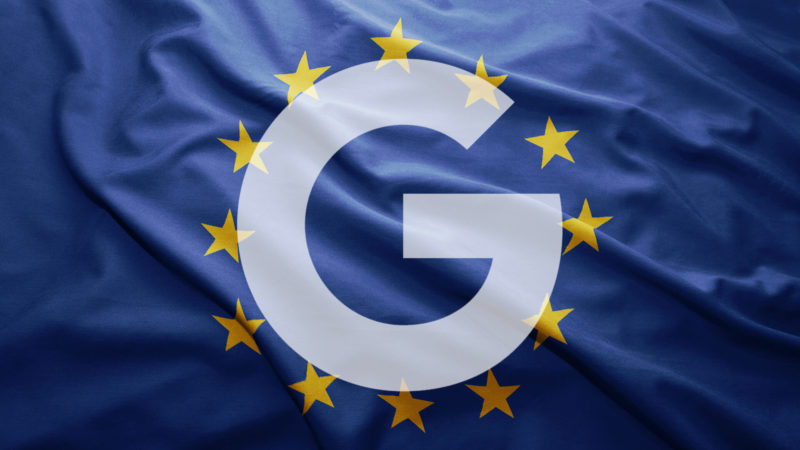
According to a report in Financial Times (paywall), the European Commission is set to impose a second major antitrust fine on Google for alleged abuse of power in Android licensing deals with phone makers. The report says EU Competition Chief Margrethe Vestager is “poised to announce the negative finding within weeks . . . marking the most significant regulatory intervention made against Google’s business model.”
The EU contends that Google’s app-install requirements in Android-OEM contracts favor Google services and ultimately harm consumer choice. Assuming the accuracy of the report, Google could hypothetically be fined up to $11 billion. However, it’s likely the amount would be less.
The antitrust fine imposed in the shopping search case was €2.4 billion (now $2.8 billion). It was then the largest in EU history. Google has appealed that fine and would be likely to do so again.
Android “bundling” of Google apps is in some respects analogous to Microsoft’s bundling of its browser with the Windows OS, although Google disputes this analogy. That practice was stopped by the EU, which required Microsoft to pay a fine and offer “browser choice.”
Russia’s Federal Antimonopoly Service and Google recently settled an antitrust case focused on the same Android app pre-install issues. That came with an $8 million fine. The Russian action was instigated by Google competitor Yandex, which subsequently complained about the same Google practices to the EU.
The European Commission’s Vestager has been a fierce critic of Google, which she affirmed in a recent “60 Minutes” segment. However, an interesting wrinkle in this story is that Vestager may not be reappointed as Competition Commissioner in 2019, due to Danish political intrigue and the fact that her Social Liberal Party is no longer in the majority in that country.
She may thus be seeking to accelerate pending antitrust cases against Google and others if she doesn’t serve a second term. Another pending case against Google focuses on exclusivity provisions in Google AdWords agreements.
Beyond all this, Yelp has made a bid for yet another antitrust claim against the company. It recently filed a formal complaint about local search with the European Commission. The logic of the complaint is virtually identical to claims made against Google in the shopping search context: Google systematically favors its own content over that of competitors.
